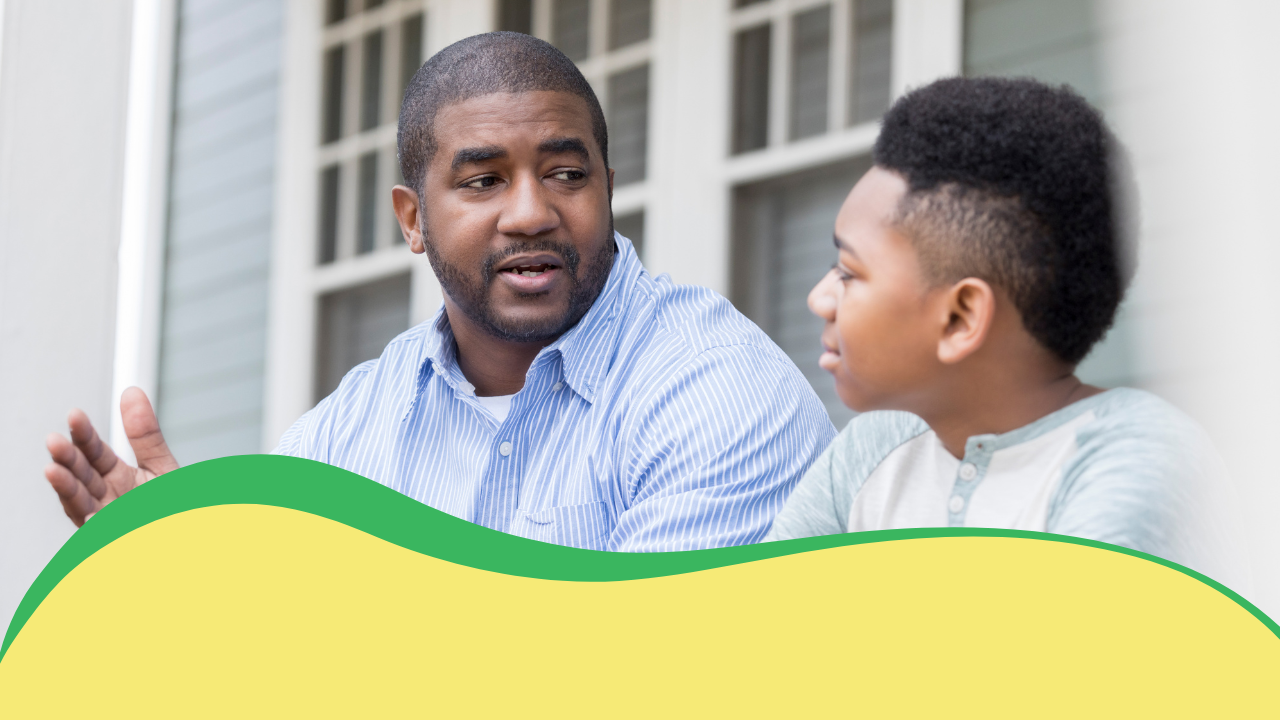What is Trauma-Informed Mentorship?
Jul 09, 2025
Let’s face it, "mentorship" can be a pretty broad term. It gets tossed around in youth programs, school systems, nonprofits, and even corporate training. But when we put the words trauma-informed in front of it, we’re talking about something much more intentional, something that doesn’t just support young people, but actually helps heal their brains, rebuild trust, and give them the foundation they never got in their early years.
So, what exactly is trauma-informed mentorship? And how is it different from just being a “good role model” or “nice adult”?
Let’s unpack it.
The Heart of Trauma-Informed Mentorship
Trauma-informed mentorship recognizes that children who’ve experienced trauma, particularly developmental trauma, operate from a different baseline. These kids might not look traumatized. They may be loud, avoidant, perfectionistic, people-pleasing, or defiant. But at the root of all of that is one consistent story: the adults in their lives didn’t consistently meet their most basic needs.
So a trauma-informed mentor doesn’t try to “fix” kids. They don’t lecture. They don’t expect immediate respect, affection, or progress. They understand that:
- Behavior is communication
- Healing happens in relationship
- Safety, routine, and non-judgment are essential
It’s about meeting the child where they are, with empathy, curiosity, and consistency.
What Trauma-Informed Mentorship Looks Like in Practice
Let’s say a child uses hurtful language, refuses to participate, or completely ignores a mentor’s suggestion. A trauma-informed mentor doesn’t jump to punishment or take it personally. They get curious. They pause. They wonder what that behavior is trying to protect. And they keep showing up. Because that’s the real work.
At Stable Moments, trauma-informed mentorship isn’t a buzzword, it’s the whole foundation of what we do. The Stable Moments program is designed specifically for children who’ve experienced developmental trauma, particularly those who have been in foster care or adopted. These children often missed the nurturing, safety, and repair that forms the core of secure attachment. Instead, they’ve learned survival, and all the behaviors that come with it.
That’s why our model focuses on the long game: one mentor, one hour a week, for 10 months.
We pair each child with a trained, consistent mentor. Together, they work toward individualized life skill goals using structured, color-coded activities. These goals focus on six essential areas: self-worth, responsibility, emotional awareness, healthy relationships, independence, and self-regulation.
This isn’t just playtime, it’s therapeutic engagement in disguise. Each session starts with a three-part plan the child helps create. They gain control over their experience, and we model what it looks like to be flexible, empathetic, and structured, all at the same time.
Why Trauma-Informed Mentorship Works
Trauma rewires the brain for survival. Relationships rewire it back for connection.
The magic isn’t in the perfect activity or profound conversation, it’s in the mentor simply showing up, week after week, proving to the child: you’re worth showing up for.
That’s what makes the Stable Moments model so powerful.
It’s not flashy.
It’s not clinical.
It’s consistent, relational, and deeply human. And it’s working in schools, churches, nonprofits, and anywhere community members are willing to show up and be that person for a child who needs them.
The Inner Work Behind Trauma-Informed Care
Trauma-informed mentorship isn’t just about the child, it’s also about the mentor. At Stable Moments, we encourage mentors to do their own inner work, to reflect on how their own childhood experiences, patterns, and beliefs might influence how they show up in relationship. After all, we can only offer as much safety and connection as we’ve cultivated within ourselves. That’s why we offer the Heal Yourself, Heal the World course, a powerful resource designed to help mentors explore their stories, heal past wounds, and step into their lives with clarity and compassion.
When mentors do their own healing, they become grounded, empathetic, and resilient enough to hold space for a child’s healing too. It’s not about being perfect. It’s about being present and self-aware.
Want to Start a Trauma-Informed Mentorship Program?
Stable Moments makes it easy. We’ve taken everything we’ve learned from over a decade of running the model and built a plug-and-play system that you can implement at your location.
Whether you serve kids already or are looking for a way to get involved in the foster care crisis, this program offers a real solution, with real support, training, and community. Because healing doesn’t happen in isolation, and these kids shouldn’t have to navigate life alone.
Want to learn more or launch a program in your community? Check out our free webinar. Let's build stable moments for every child, in every community.
One child. One hour a week. One life changed.
Learn how to launch a program today.
Get new activities and trauma tidbits straight to your inbox!
We hate SPAM. We will never sell your information, for any reason.


